|
This Sunday we celebrate the birthday of Viennese composer and songsmith extraordinaire Franz Schubert. As a pioneer of the song cycle genre with over six hundred songs written for solo voice and piano to his credit, he has clearly earned a place in the art song pantheon. The music of Schubert has naturally found a home on many Fourth Coast concerts. ‘Die Forelle’, heard here in an arrangement for vocal quartet and piano, kicked off our ‘What a Zoo!’ program, which I had the pleasure of curating two seasons ago. Composed in 1817 when Schubert was barely twenty years old, the song tells the tale of the titular trout and a meddlesome fisherman. The cheerful melody in the piano depicts the lively fish swimming about in the clear water as the fisherman attempts to catch it. The fisherman grows impatient and muddies the waters in order to trick the trout; the fish is caught! Here Schubert likewise muddies the musical waters with thick, crunchy chords in the left hand of the piano, returning to the original theme as the trout emerges from the water hooked on the fishing line. I am always struck by the imagery that jumps off the page in a Schubert song. Using only the keys of a piano and the voice of a singer he is able to conjure vivid depictions of nearly any subject; from the pounding of horses’ feet in ‘Erlkönig’, to the incessant turning of the spinning wheel in ‘Gretchen am Spinnrade’, to the lively antics of the trout in ‘Die Forelle’. To think that he achieved this in only thirty-one short years of life makes one wonder what could have been. Alles Gute zum Geburtstag, Herr Schubert! This performance was recorded live on June 2, 2019 at the Logan Center for the Arts in Hyde Park with pianist Kuang-Hao Huang. Audio by Joshua Sauvageau.
1 Comment
As we pause today to reflect on the legacy and ever-timely challenge presented by the life and words of the Rev. Dr. Martin Luther King Jr., I am reminded of his “Letter from a Birmingham Jail,” and his holy impatience with the slowness of progress towards racial equity in the United States. I wonder what letters he would be writing to us today. And I am struck by how relevant Florence Price’s undated song, “Sympathy,” feels in that context, and still to us today perhaps a century after she wrote it. Price’s setting of this poem by Paul Laurence Dunbar (1872-1906) is a masterful one, showcasing her technical abilities as a composer and her unique musical voice while expressing the emotional weight of his words in an honest, unforced, and powerful way. The three sections of the song echo the three stanzas of the poem, beginning with lyrical lines that reflect the “sun … bright on the upland slopes” and the “wind stir[ring] soft through the springing grass” before chromatic descending lines that underscore the bittersweet images of the world beyond the cage. More intense dynamics, rhythms, and pianism mark the second stanza, as Price knows “why the caged bird beats its wing / Till its blood is red on the cruel bars.” The music crescendos before a resigned return to the first theme at the start of the third stanza, again acknowledging “why the caged bird sings, ah me, / When his wing is bruised and his bosom sore.” Finally, at the end, the piece reaches its climax as it lays out the meaning behind the bird’s - and Price’s - song: It is not a carol of joy or glee, It was an honor and privilege to lend my voice to Price’s music and Dunbar’s words in this 2018 concert with pianist Mark Bilyeu. May we hear their plea ring in our ears, and may we work towards a world where this plea is less timely.
|
SUBSCRIBEAboutHello, and welcome to the blog! We are Fourth Coast Ensemble, Chicago's classical vocal quartet. Join a different member of our ensemble for insights into our favorite art songs, links to archival and new recordings, and reflections on why we value and continue to come back to this musical medium. We proudly present, your #artsongfix! Archives
June 2023
Categories
All
|

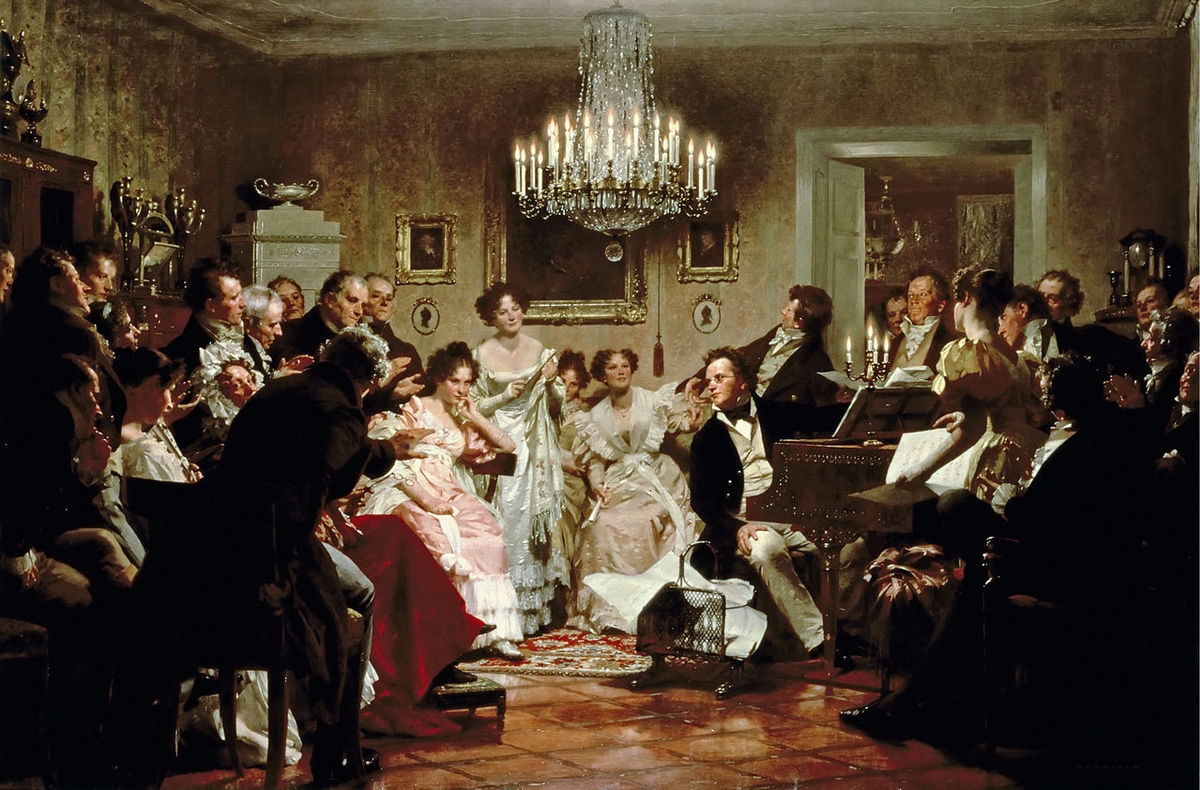
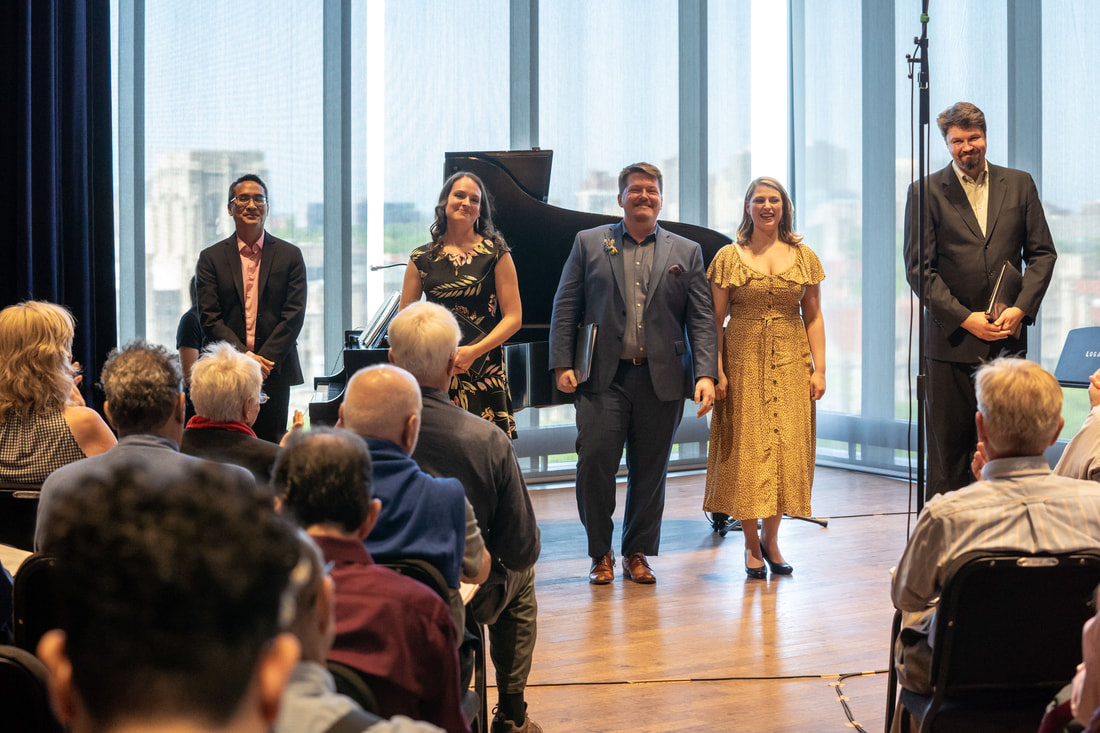

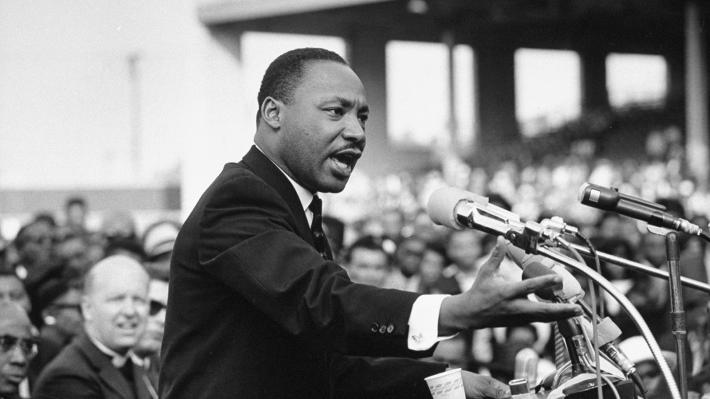
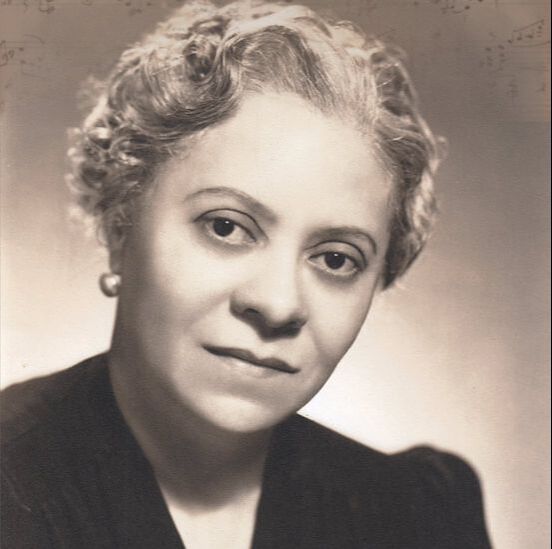
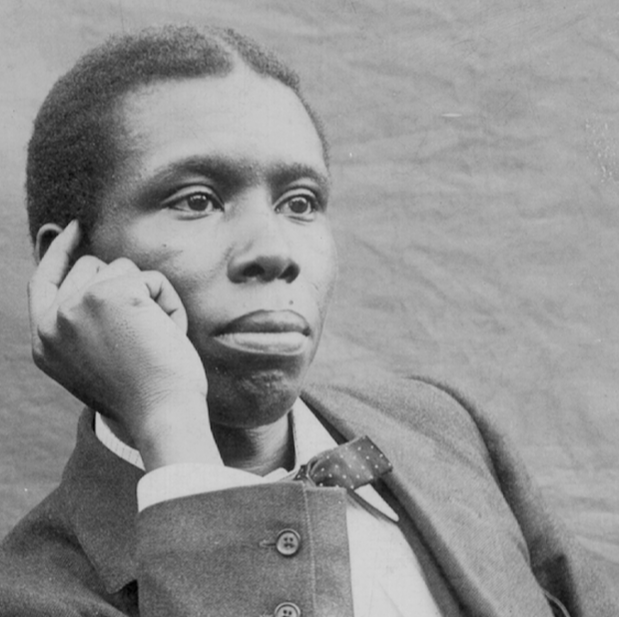

 RSS Feed
RSS Feed
